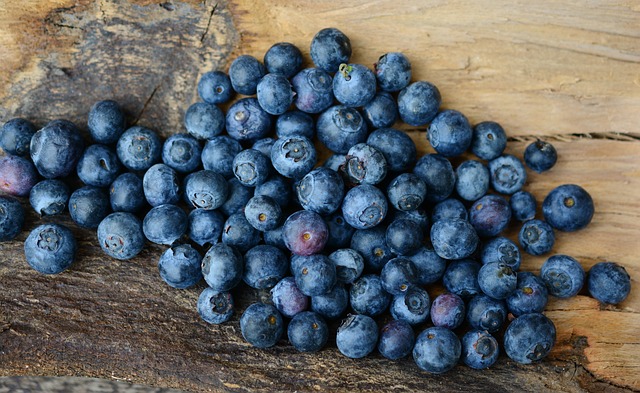The Ultimate Guide to Probiotics: How They Boost Gut Health and Immunity
Probiotics have gained significant popularity in recent years for their numerous health benefits, particularly in improving gut health and boosting immunity. But what exactly are probiotics, and how do they promote a healthy gut and immune system? In this ultimate guide, we will explore everything you need to know about probiotics and their impact on your overall well-being.
Understanding Probiotics
Probiotics refer to live bacteria and yeasts that are beneficial for your health, especially for your digestive system. While bacteria are often associated with diseases, your body houses trillions of both good and bad bacteria. Probiotics are considered “good bacteria” as they offer a range of health benefits when consumed in adequate amounts.
Probiotics are naturally present in certain foods and can also be consumed through supplements. They work by restoring the natural balance of bacteria in your gut, which plays a crucial role in maintaining a healthy digestive system.
The Benefits of Probiotics for Gut Health
Your gut is home to a complex ecosystem of microorganisms, collectively known as the gut microbiota. Maintaining a healthy balance of these microorganisms is essential for optimal gut health. Probiotics can help in the following ways:
- Improving Digestion: Probiotics assist in breaking down food and absorbing nutrients more efficiently. They can help alleviate common digestive problems like bloating, gas, and constipation.
- Boosting Immune Function: The majority of your immune system resides in your gut. Probiotics help strengthen the intestinal barrier and stimulate the production of immune cells, enhancing your body’s natural defense against pathogens.
- Preventing and Treating Diarrhea: Certain strains of probiotics can be effective in preventing and reducing the duration of infectious diarrhea, antibiotic-associated diarrhea, and other types of diarrhea caused by various factors.
- Managing Irritable Bowel Syndrome (IBS): IBS is a common gastrointestinal disorder characterized by symptoms like abdominal pain, bloating, and altered bowel movements. Probiotics can help alleviate these symptoms and improve overall gut motility.
- Reducing the Risk of Certain Diseases: There is growing evidence that probiotics may play a role in reducing the risk of certain conditions, including inflammatory bowel disease (IBD), colorectal cancer, and allergies.
Types of Probiotics
While there are numerous strains of probiotics, the most commonly studied types include:
- Lactobacillus: This type of probiotic is commonly found in yogurt and other fermented foods. Lactobacillus strains are known for their ability to produce lactic acid, which helps in the digestion of lactose and supports a healthy gut environment.
- Bifidobacterium: Bifidobacterium strains are prevalent in the large intestine and play a crucial role in maintaining a healthy balance of gut bacteria. They aid in breaking down dietary fiber and producing essential vitamins.
- Saccharomyces boulardii: Unlike other probiotics, which are bacteria, Saccharomyces boulardii is a beneficial yeast. It helps in supporting a healthy immune system and restoring the natural balance of bacteria in the gut, particularly during antibiotic use.
- Other Strains: There are several other strains of probiotics, such as Streptococcus thermophilus and Enterococcus faecium, each with its own unique health benefits.
How to Incorporate Probiotics Into Your Diet
Probiotics can be obtained through both food sources and supplements. Some food sources rich in probiotics include:
- Yogurt: Look for yogurt labeled with “live and active cultures.” Greek yogurt, in particular, tends to have higher amounts of probiotics.
- Kefir: Kefir is a fermented milk drink that is rich in probiotics. It has a similar taste and consistency to yogurt but offers a different variety of beneficial bacteria strains.
- Sauerkraut: Sauerkraut is fermented cabbage that contains high levels of probiotics. Be sure to choose the unpasteurized variety for maximum







